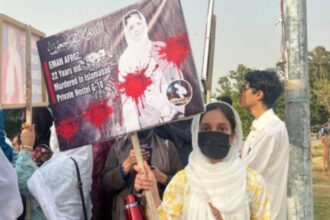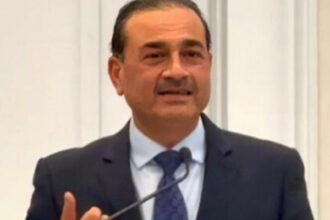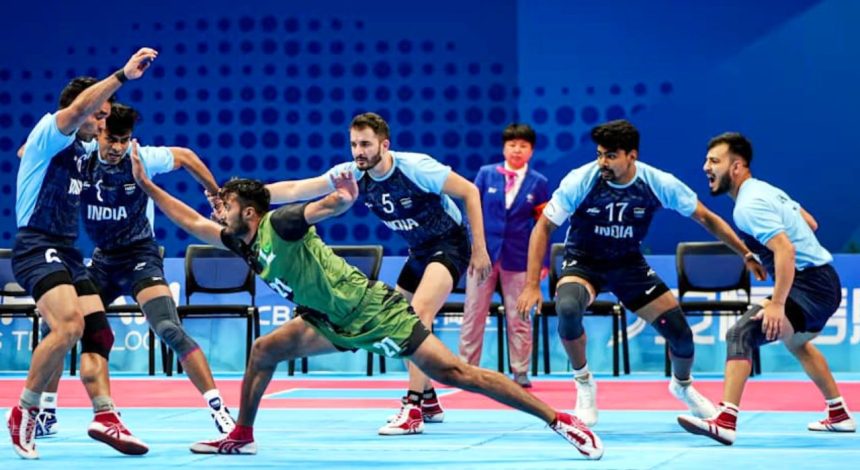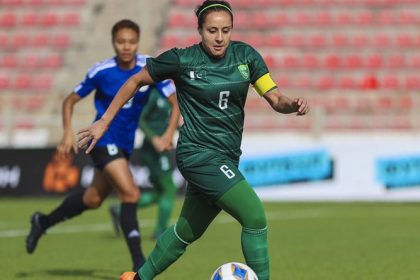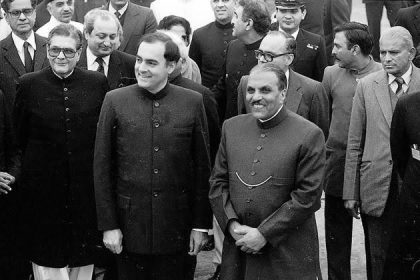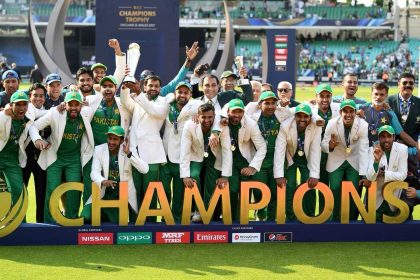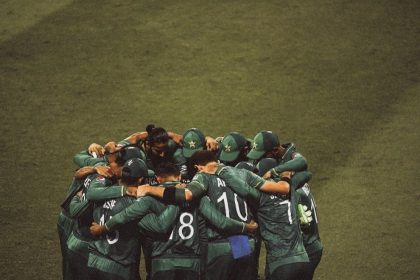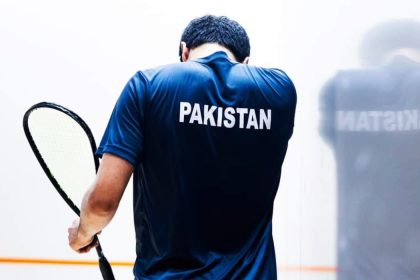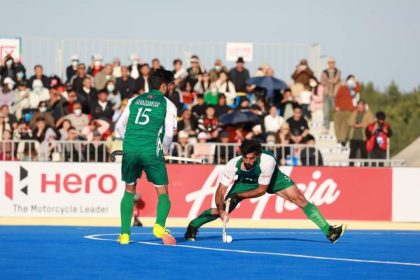Kabaddi is not just a game; it is a living part of Pakistan’s cultural heritage. This indigenous sport, born in the Indian subcontinent, echoes in the rural heartlands of Pakistan, particularly in Punjab, where it stands as a symbol of local pride for villages and towns.
Known by various names in regional languages, kabaddi has evolved from a favorite pastime to an internationally recognized sport, deeply rooted in Pakistan’s history and culture. Pakistan’s national kabaddi team has a strong presence in the world arena. Since its appearance in international tournaments, kabaddi has been one of the juggernauts that has won many medals both in the Asian Games and in the World Cups.
It has won five bronze and two silver medals in seven editions of the Asian Games. Despite prominence of sports like cricket, kabaddi still remains relevant, as it is a game representing cultural heritage. And yet, there are murmurs about how kabaddi in Pakistan has lost its shine on the world scene. Contrary to popular belief, an exclusive interview with Pakistan Kabaddi Federation Secretary General Muhammad Sarwar Rana reveals a different story altogether.
He firmly established that the national team is still a force to be reckoned with in the international arena. “We were never out of the kabaddi scene,” he asserted, adding that the national team participated in seven international events in the last 12 months, which is more than the cricket team in the same period. “This resilience and dedication of our national team is commendable.” Pakistan’s men’s and women’s teams have not only featured in these competitions but have consistently performed at a high level.
Pakistan likely to host Circle Style Kabaddi World Cup in coming year
“Our teams have won medals in every event,” Sarwar Rana said, underscoring the fact that Pakistan remains a competitive force in the kabaddi world. This active participation includes the 1st World Beach Kabaddi Championship, held in Iran, where Pakistan secured a silver medal after a close match against the host nation. In the words of Sarwar Rana, their loss in the final was close because of an injury that befell their key player at a time when he was leading the pack.
STRUGGLES FOR COVERAGE
Despite achievements, one challenge is related to media coverage. Kabaddi not being included in the mainstream sports news in Pakistan has given birth to misconceptions about the destruction of the sport. Sarwar Rana acknowledged this problem and said, “We’ve had a packed year of kabaddi events, but the problem lies in coverage. We don’t have a media department in our federation to inform news channels about our events.”
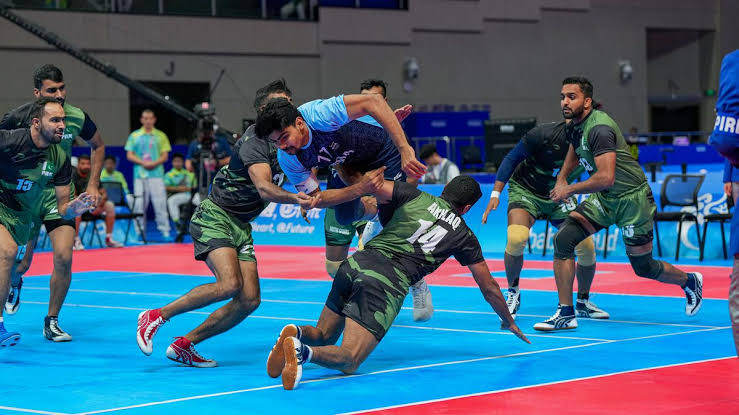
This communication gap has left a void in public perception. While cricket was dominating headlines, kabaddi took a back seat despite its rich tradition and continuous international successes. “It’s not that we are not active,” Sarwar said. “It’s just that people barely get to know what’s going on.” In kabaddi, the biggest news is the recent suspension of India from international contests. For long considered the hub of this sport, India has been banned from participating in international tournaments due to administrative failures in complying with regulations.
The Amateur Kabaddi Federation of India did not hold elections for eight years, and finally did so in December 2023. However, the International Kabaddi Federation maintained that the Indian body was still running under an administrator, which was against international statutes. Explaining the severity of the issue, Sarwar Rana stated, “India repeatedly flouted the rules of the International Kabaddi Federation. Despite warnings, they refused to comply, and this resulted in their suspension.” This ban is a dent in Indian kabaddi, considering the country’s longtime reign in the sport.
Lahore to likely host circle-style international kabaddi tournament in November or December
Sarwar Rana was filled with optimism that if India heeds International Kabaddi Federation’s directives and hands over its powers to the elected body, it may lift the ban. In fact, India may still turn out to be a potential host for the Asian Style Kabaddi World Cup scheduled to take place next year if it meets the standards. Gazing at the prospects, the calendar is looking exciting for upcoming kabaddi events in Pakistan.
Sarwar Rana revealed that an international circle-style kabaddi tournament would be held in Lahore this November or December, along with the Circle Style Kabaddi World Cup in the coming year, which will also be held in Pakistan. These events speak volumes regarding the commitment of this game for survival on the grasslands of Pakistan in today’s world. Sarwar Rana said that kabaddi will also be one of the big medal events at the SAFF Games in 2025, which Pakistan is going to host.
However, India’s participation depends on the outcome of their suspension being lifted at that time. Despite challenges, Sarwar Rana looks optimistic about the future of kabaddi in Pakistan. “While organizing a league similar to India’s Pro-Kabaddi League may be difficult, we are working our way towards creating space for it,” he said. By increasing media coverage and performing well in most international competitions, the federation is confident that kabaddi will continue to grow internationally and locally.
Moreover, Pakistan’s Super Kabaddi League, which was launched in 2018 but hasn’t been held again, is under review for a relaunch. While the view that Kabaddi is losing its shine may have been circulated, Pakistan’s performances over the last year and plans for the future tell a different story. Kabaddi is a vital segment of Pakistan’s sporting identity, deeply ingrained into the nation’s culture.
With an active national team, continuous international competitions, and the potential revival of a kabaddi league, Pakistan is still in the kabaddi scene. The sport is constantly evolving, and so is Pakistan’s steadfast role in shaping the future of the sport locally and internationally. The future of kabaddi in Pakistan is bright and promising.

